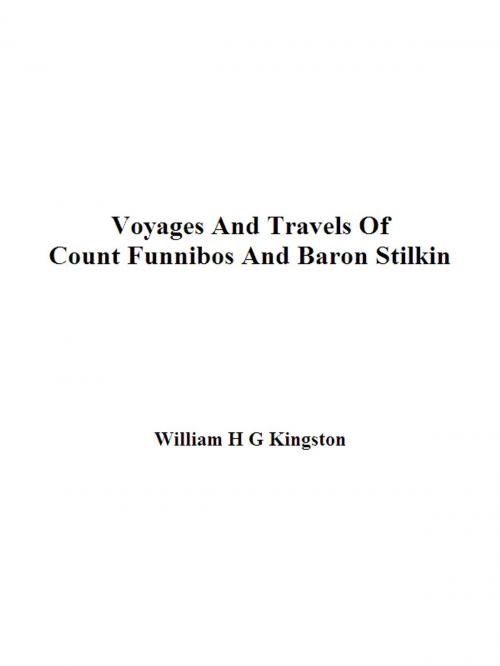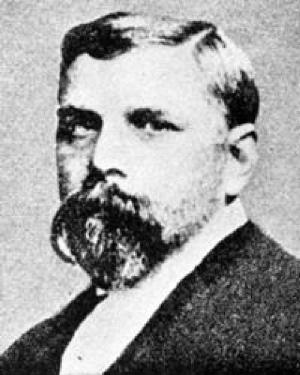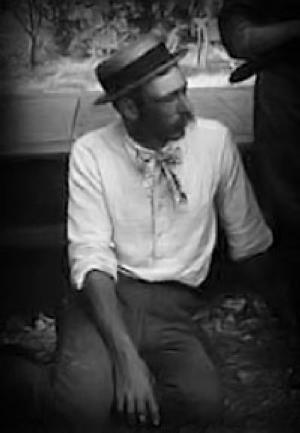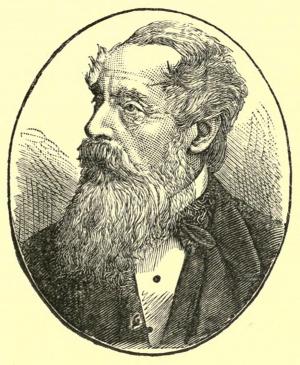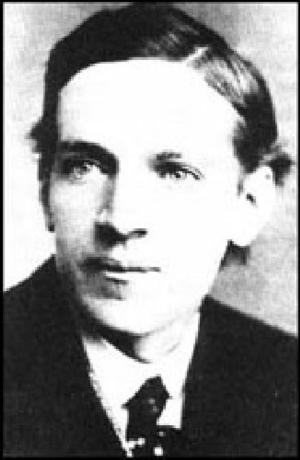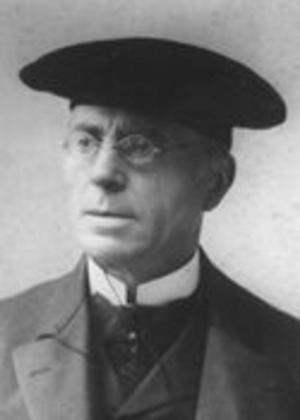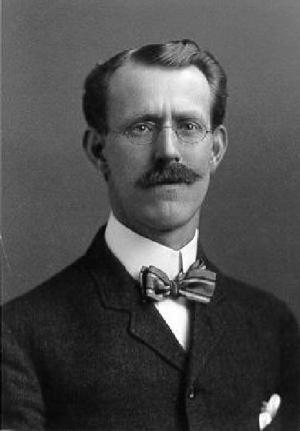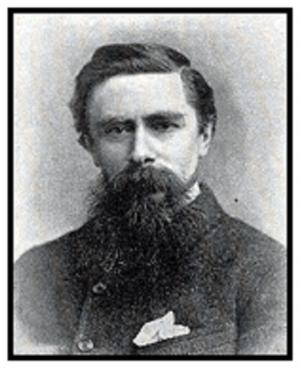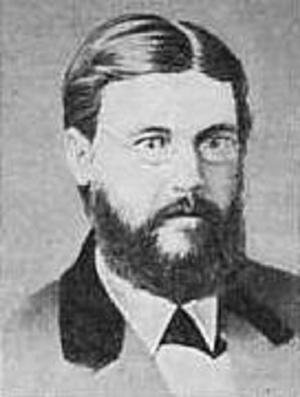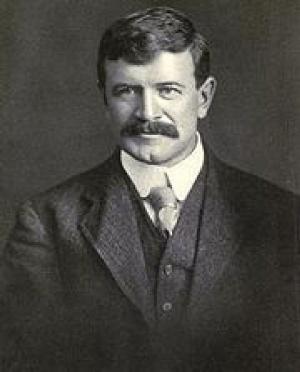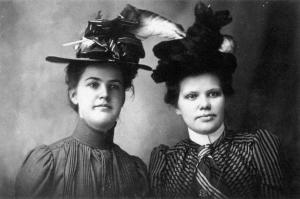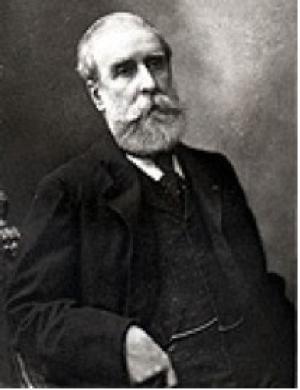Voyages and Travels of Count Funnibos and Baron Stilkin
Fiction & Literature, Classics, Kids, Teen, General Fiction, Fiction| Author: | Kingston, W.H.G. | ISBN: | 9781455391202 |
| Publisher: | B&R Samizdat Express | Publication: | June 10, 2015 |
| Imprint: | Quench Editions | Language: | English |
| Author: | Kingston, W.H.G. |
| ISBN: | 9781455391202 |
| Publisher: | B&R Samizdat Express |
| Publication: | June 10, 2015 |
| Imprint: | Quench Editions |
| Language: | English |
This book is definitely intended for the younger ones. Kingston does not really show how humorous he can be in most of his books, but this book is definitely meant to be funny and succeeds. Two elderly minor nobles agree that they will set out on a voyage to see the world. They set out on it, but their adventures take them no farther than Holland, which is where they already are. They have various mishaps, and even at one point get separated, only coming together again by chance. The whole thing is so absurd that we can relax and laugh at the adventures of the two noblemen. It is curious, the different mindset one has to have when reading the exploits of a couple of plainly idiotic buffoons, compared with that taken on when reading practically any other book. According to Wikipedia: "William Henry Giles Kingston (28 February 1814 - 5 August 1880), writer of tales for boys, was born in London, but spent much of his youth in Oporto, where his father was a merchant. His first book, The Circassian Chief, appeared in 1844. His first book for boys, Peter the Whaler, was published in 1851, and had such success that he retired from business and devoted himself entirely to the production of this kind of literature, in which his popularity was deservedly great; and during 30 years he wrote upwards of 130 tales, including The Three Midshipmen (1862), The Three Lieutenants (1874), The Three Commanders (1875), The Three Admirals (1877), Digby Heathcote, etc. He also conducted various papers, including The Colonist, and Colonial Magazine and East India Review. He was also interested in emigration, volunteering, and various philanthropic schemes. For services in negotiating a commercial treaty with Portugal he received a Portuguese knighthood, and for his literary labours a Government pension."
This book is definitely intended for the younger ones. Kingston does not really show how humorous he can be in most of his books, but this book is definitely meant to be funny and succeeds. Two elderly minor nobles agree that they will set out on a voyage to see the world. They set out on it, but their adventures take them no farther than Holland, which is where they already are. They have various mishaps, and even at one point get separated, only coming together again by chance. The whole thing is so absurd that we can relax and laugh at the adventures of the two noblemen. It is curious, the different mindset one has to have when reading the exploits of a couple of plainly idiotic buffoons, compared with that taken on when reading practically any other book. According to Wikipedia: "William Henry Giles Kingston (28 February 1814 - 5 August 1880), writer of tales for boys, was born in London, but spent much of his youth in Oporto, where his father was a merchant. His first book, The Circassian Chief, appeared in 1844. His first book for boys, Peter the Whaler, was published in 1851, and had such success that he retired from business and devoted himself entirely to the production of this kind of literature, in which his popularity was deservedly great; and during 30 years he wrote upwards of 130 tales, including The Three Midshipmen (1862), The Three Lieutenants (1874), The Three Commanders (1875), The Three Admirals (1877), Digby Heathcote, etc. He also conducted various papers, including The Colonist, and Colonial Magazine and East India Review. He was also interested in emigration, volunteering, and various philanthropic schemes. For services in negotiating a commercial treaty with Portugal he received a Portuguese knighthood, and for his literary labours a Government pension."
